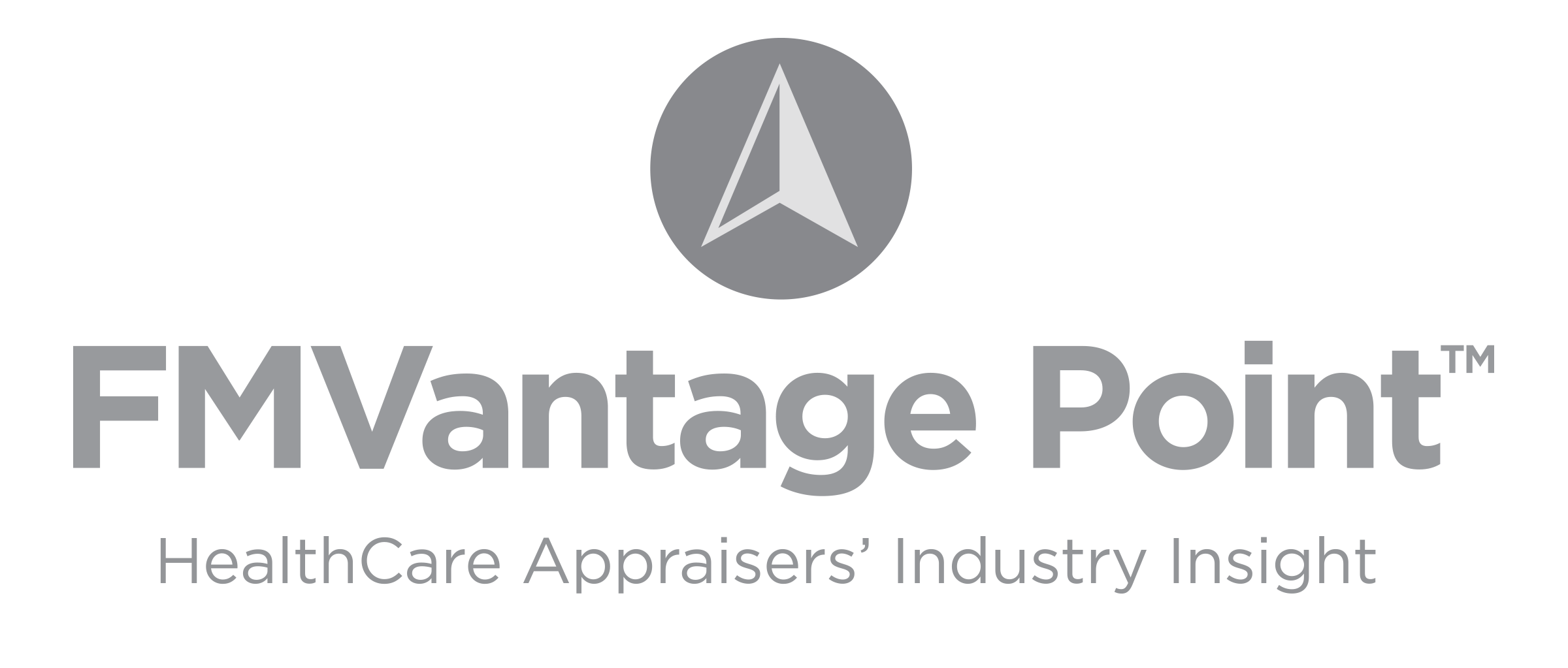Authors: C.J. Laird, MEd and Brandon J. Billeaudeau, MPA

On October 9, 2019, the Department of Health and Human Services (“HHS”) issued preliminary proposed changes to the Physician Self-Referral Law (“Stark Law”) and the Federal Anti-Kickback Statute (“AKS”). The scope and vision of the proposed changes is clear: pave the way for innovation in the healthcare industry by encouraging value-based arrangements and coordinated care efforts, while maintaining robust safeguards to protect patients, consumers and the American public from fraud and abuse.
The Centers for Medicare and Medicaid Services (“CMS”) acknowledges that the important protections embodied in the Stark Law and AKS were originally crafted to protect both patients and payors from fraud, based on financial incentives systemic to the then prominent fee-for-service arrangements[1]. These long-awaited proposals reflect efforts by HHS to fulfill its recent “Regulatory Sprint to Coordinated Care” initiative, through updated guidance and regulations reflecting the shift to value-based arrangements. To that end, adjustments to existing regulations are necessary to facilitate such coordination of care efforts supporting the needs of all parties involved in the delivery of healthcare.
With respect to the Stark Law[2], proposed modifications provide new exceptions for certain value-based compensation arrangements, arrangements whereby a physician receives limited compensation for services actually provided, and arrangements providing for the donation of cybersecurity technology and related services, and would also amend an existing exemption regarding electronic health records (“EHR”) items and services.
Similarly, proposed changes to rules governing the administration of AKS[3] provide for new safe harbors for certain coordinated care and value-based arrangements throughout the industry, certain patient engagement and support arrangements focused on patient outcomes, and donations of cybersecurity technology. These proposed changes would also amend the existing safe harbors regarding EHR arrangements, warranties, local transportation, and personal services and management contracts, and create a new civil monetary penalty exception for certain telehealth technologies offered to patients receiving in-home dialysis.
HHS’ proposed changes to the rules and regulations regarding the enforcement of the Stark Law and AKS represent a commitment by the Department to ensure that the anti-fraud protections that formed the backbone of both pieces of legislation remain intact, while acknowledging that incentives are different in a healthcare system that pays for value, rather than volume, of services provided.
[1] Department of Health and Human Services, CMS, Modernizing and Clarifying the Physician Self-Referral Regulations Proposed Rule (CMS-1720-9), https://www.cms.gov/newsroom/fact-sheets/modernizing-and-clarifying-physician-self-referral-regulations-proposed-rule (last visited October 9, 2019)
[2] Modernizing and Clarifying the Physician Self-Referral Regulations, 42 C.F.R. pt. 411 (proposed Oct. 9, 2019).
[3] Medicare and State Healthcare Programs: Fraud and Abuse; Revisions to Safe Harbors Under the Anti-Kickback Statute, and Civil Monetary Penalty Rules Regarding Beneficiary Inducements, 42 C.F.R. pts. 1001 and 1003 (proposed Oct. 9, 2019).
